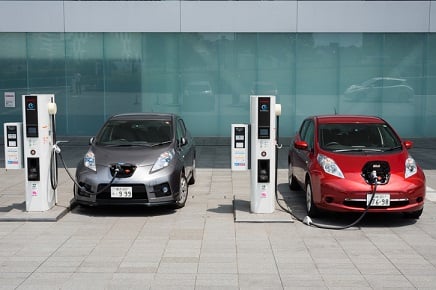Comparison website moneysupermarket.com has looked into the readiness of both motorists and cities in the UK, as well as the cost implications, amid plans to scrap petrol and diesel vehicles by 2040.
With more than half (51%) of 1,000 UK car owners surveyed citing price as currently the biggest barrier to them switching to an electric or hybrid car, let’s break down the cost. According to moneysupermarket.com, here’s how petrol, diesel, and electric cars stack up in terms of how much you would have to spend or get to save:
- On average, petrol cars are the cheapest to purchase while diesel ones are the priciest. Electric cars cost about £5,000 more compared to petrol; diesel, £9,000.
- Running costs of electric cars are 25% lower versus petrol; 33%, diesel.
- Average fuel cost for electric cars is £394 annually; petrol and diesel, more than £700.
- In terms of average insurance premium, petrol cars have the lowest at £697.19; electric, the highest at £923.
- No road tax for electric vehicles.
“If drivers switch to electric in 2018, they’ll save almost £8,000 on running costs by the time the ban is enforced,” said
MoneySuperMarket.
So what have been the hindrances? In addition to price, it was found that 29% do not buy electric or hybrid cars due to lack of knowledge of how they work. Meanwhile 62% are not aware of the discounts and grants offered by the government to motorists purchasing such vehicles.
With 48% saying they would switch if there were more charging points, it’s interesting to see whether there are enough in UK cities. In Central London there are 210; next in line is Birmingham with 62.
“Large cities such as Liverpool and Cardiff had fewer than 10 raising questions over the preparedness of major UK cities for 2040,” noted the report.
Related stories:
Motor insurance may shift gear with rise of electric cars
CEO tells Tesla owners to switch insurers


